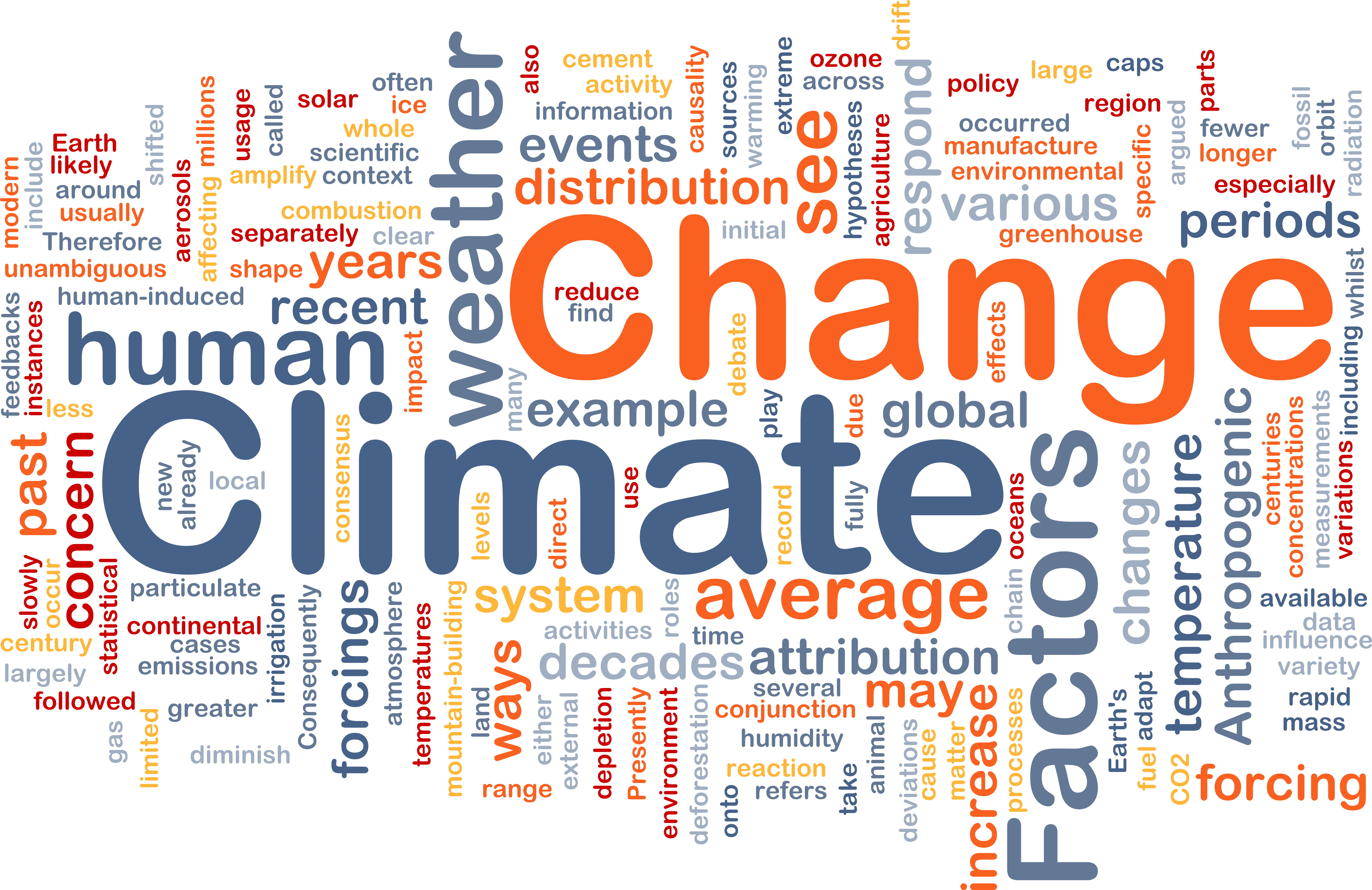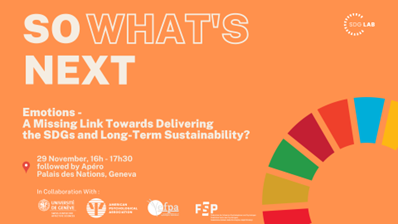European Psychology and Climate Change
Psychology is the study of human thought and behaviour which embraces all aspects of experience. Accordingly psychological science has identified solutions to many of the challenges associated with human factors related to the UN Sustainable Development Goals (SDGs), which includes SDG 13 which aims to combat climate change.






